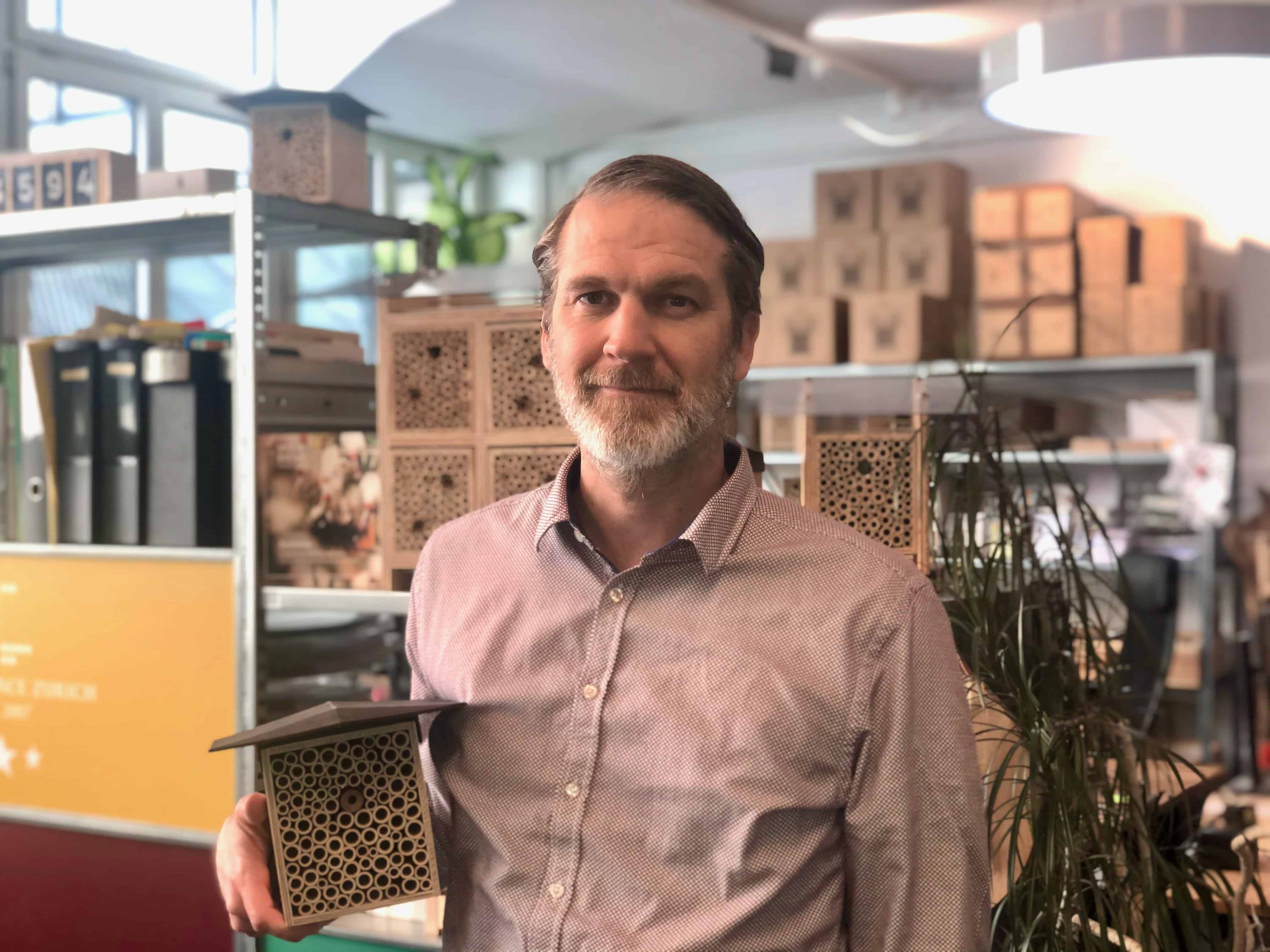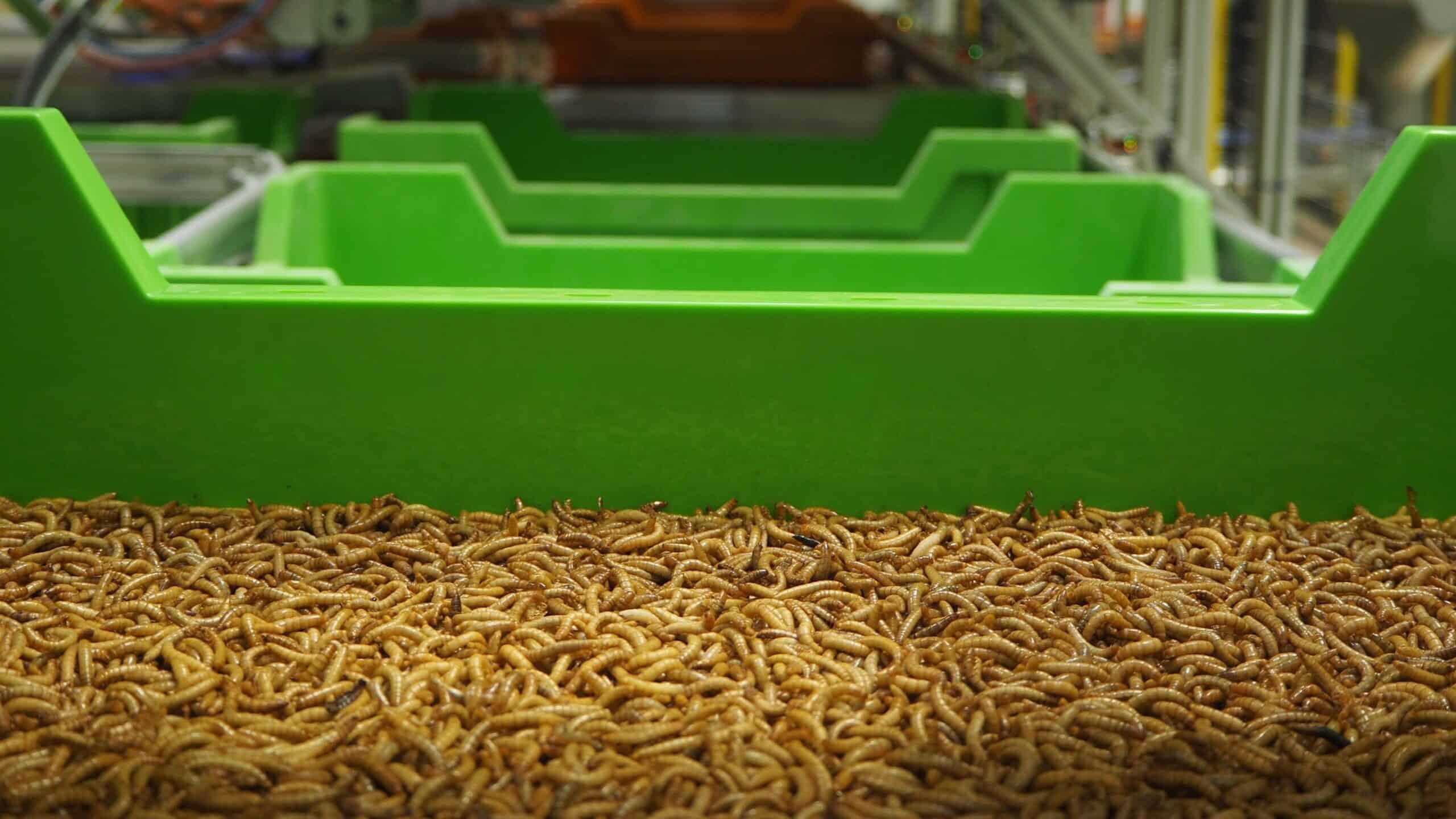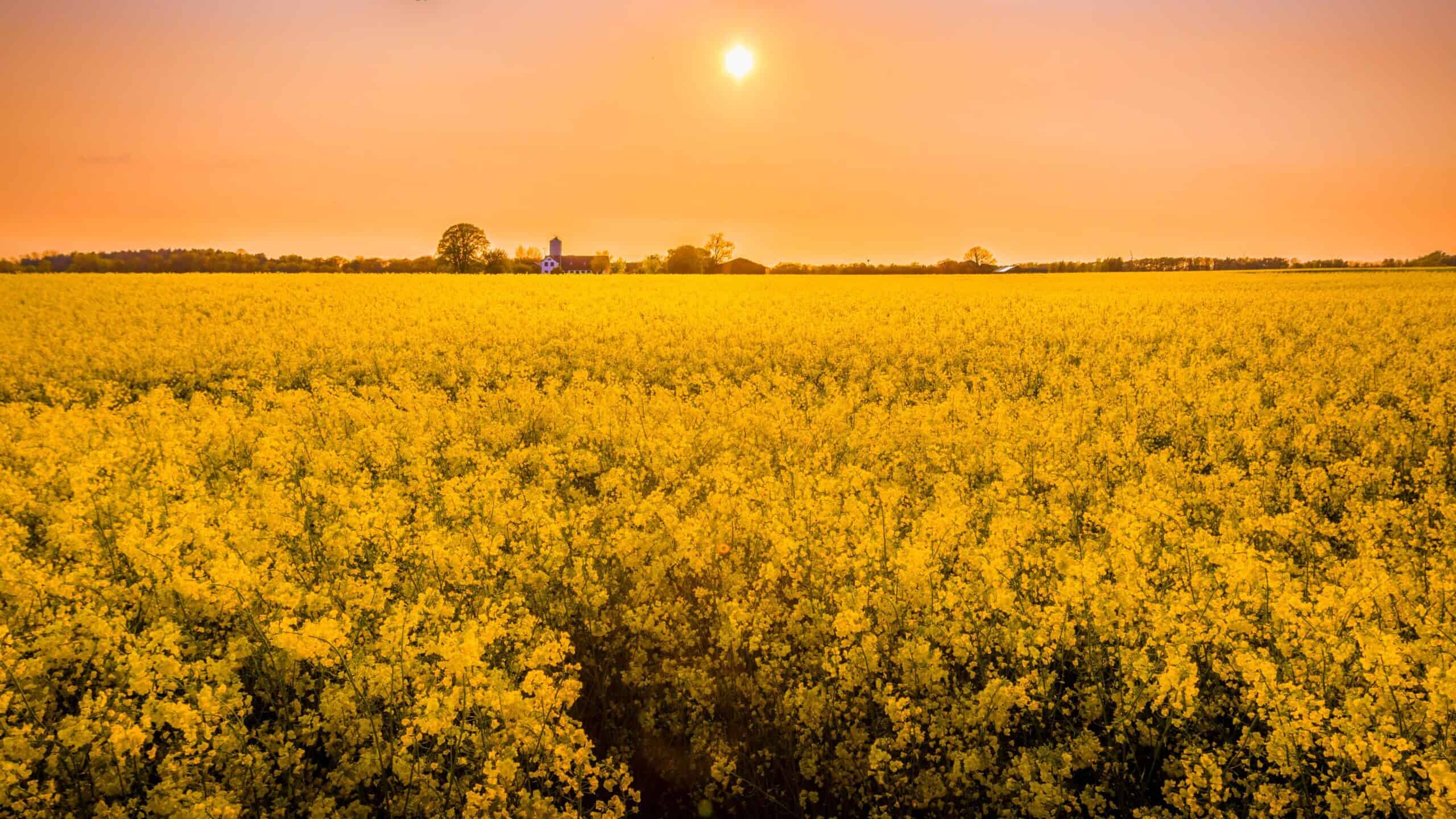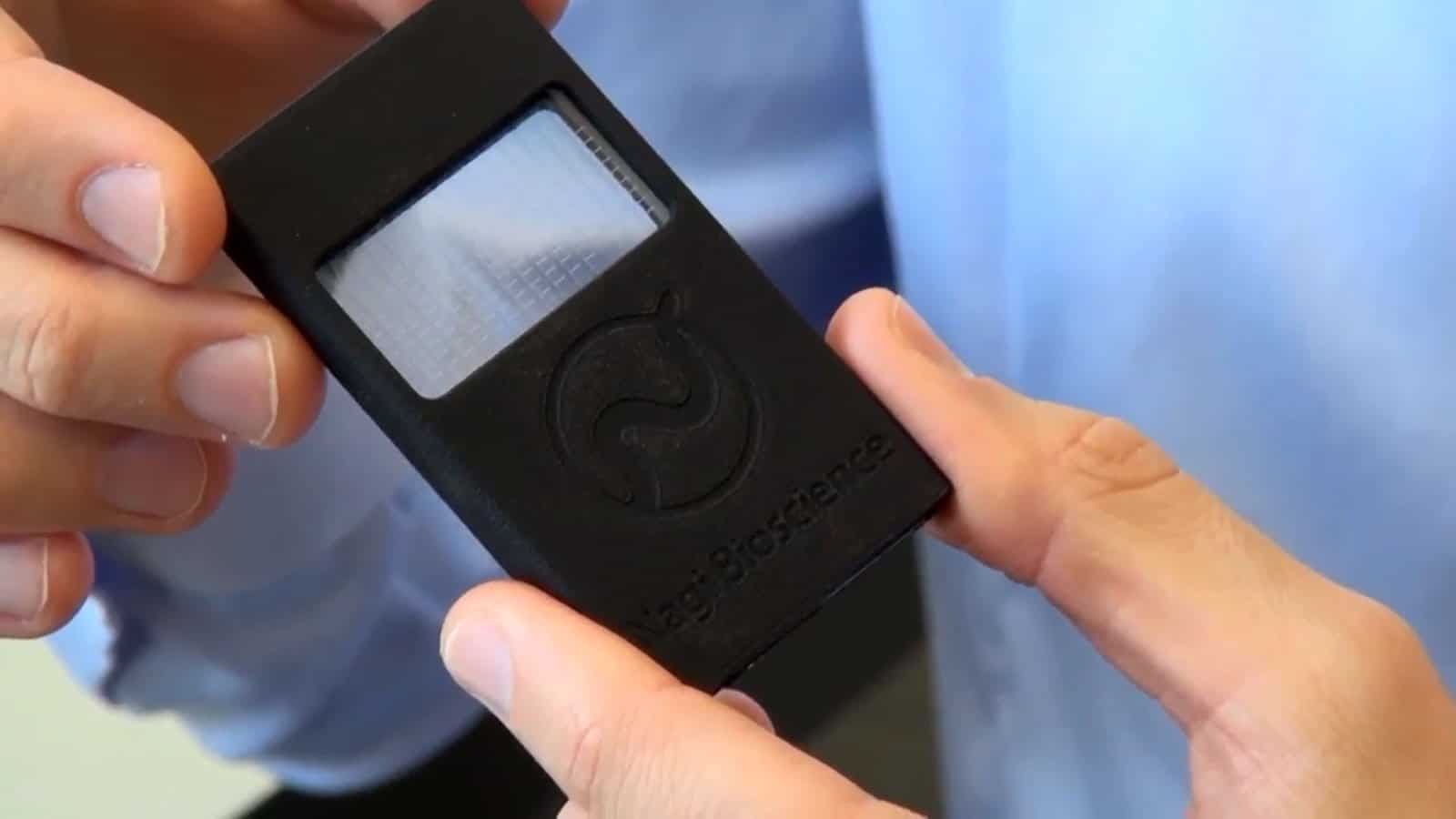In this interview Martin Ruetz, the CEO of Wildbiene + Partner, explains why bees are an important natural asset and how it is possible to make money with bees.

CEO, Wildbiene + Partner
Before becoming CEO of Wildbiene + Partner, Martin Ruetz was a member of the Private Equity team of Partners Group. He joined Partners Group in 1999 and left the company after 14 years as Senior Vice President. He was a member of several advisory boards of European private equity and venture capital funds. Ruetz also led the charitable activities for Partners Group on a global basis on behalf of the firm.
As an experienced venture capital and private equity investor, you managed investment millions for years. Today, as operational CEO of Wildbiene + Partner, you are responsible for millions of wild bees that pollinate flowers and fruit trees every year. How does that fit together?
This can probably be explained primarily because, after an intense period as an investor, I no longer wanted to work only with and for the money. “Natural capital” is the buzzword that motivates me: an investment in the world’s stocks of natural assets, which include geology, soil, air, water, and all living things. In the case of bees, we are talking about one of the most important resources. One million bees might one day be worth more than one million in a local currency.
How does a financial investor get the idea to get into a wild-bee business?
Almost a decade ago, I was touched—like perhaps many other people in our latitude—by the documentary “More than Honey” by Markus Imhoof. Soon after, I met the two founders of the ETH spinoff Wildbiene + Partner, and we hit it off right away. I first invested in the young company as an angel investor, and I am now operationally involved as CEO. Being part of a growth company is very exciting! I welcome the short decision-making processes in a small team, appreciate the innovation, and always focus on the bigger picture and day-to-day operations. At the same time, as a company and as employees, we walk through deep emotional valleys before climbing back up to dizzying heights. This is in the nature of a startup going through the maturity phases. You experience this much more intensely as management in a company than as an investor. Despite my previous experience on “both sides of the table,” I can always learn while contributing to growth.
After almost twenty years as an investor, you finally wanted to get back into a company operationally. What attracted you to Wildbiene + Partner?
I describe myself as an “entrepreneur at heart.” At the age of 18, when I was still a student at the cantonal school, I founded my first company, where I imported American beverages. That was in 1994, and I was, thus, able to gain my first valuable experience with my own business relatively early on. Wildbiene + Partner offered not only an attractive investment—connected to a “matter of the heart”—but also the attraction to participate operationally again. It is about “more than money.” We face increasing difficulties on our planet due to climate change, monocultures, parasites, and diseases, which lead to mass deaths of insects. As a company, we are actively doing something about it. For example, we are currently expanding the largest population of solitary bees—more precisely, mason bees—through natural reproduction. At the same time, we introduce a new, sustainable pollinator to the industry, which, along with honey bees and bumblebees, will make an important contribution to food security, especially since one-third of our food depends on pollination. According to one study, the mason bee has natural abilities—it flies at lower temperatures, has a higher pollination rate when visiting flowers, a smaller radius, for example—that make it up to 300 times more efficient than the honey bee.
“We will make an important contribution to food security, especially since one-third of our food depends on pollination.”
What is your business model?
We keep the bee cocoons in our refrigerator during the winter and incubate them in the spring, to follow the flowering times of the different crops. Thus, we offer an “on-demand pollination service” for professional and sustainable fruit cultivation. In addition, biodiversity is also at the heart of what we do. We invite everyone to welcome a few friendly mason bees to their home in a BeeHome, which are made with social institutions, and stock their garden or balcony with bee-friendly plants. Our efforts emphasize the big difference that small actions can make for a pollinator-friendly environment—not just caring for nature by protecting it but also actively doing something about it. We have a responsibility to pass this on to our children. Why not through the ambassador “wild bee”?
Wildbiene + Partner is not only—but also—a profit-oriented company. Does the criticism that you want to make money with insects bother you?
The classical work with honey bee hives is thousands of years old and operates in a CHF 10+ billion market today. We are currently trying to contribute to pollination security with a new, complementary approach. Those who criticize us usually do not even know half the truth about who we are and what we do. We are far from being the only ones in the market with “beneficial insects,” but we are unique in that we focus on sustainable and natural propagation and, for example, consider bio-geographical zones in the distribution of our bees.
You have strong investors behind you, but you are not yet making a profit. Is it even possible to make money with wild bees?
So far, our investors are mostly private individuals and family offices who have long recognized that their “impact investment” should not simply yield the greatest profit as quickly as possible. Instead, it should have a lasting impact through a paradigm shift—a buzzword that applies very well to wild bees: Scientific studies have been done with mason bees for decades, but no one has ever introduced this superior pollinator into practice on a large scale with an exciting business model. Breaking even is important, but it usually comes at the expense of top-line growth. Accordingly, the company’s value cannot only be derived from the earnings value but also consists of real asset value, the bees, and the unique selling proposition of the strategic positioning. To my knowledge, there is no other company in the field that is so uniquely positioned with a steadily growing population of mason bees. To date, over CHF 5 million of investor money has gone into the company’s expansion, and we are planning another round of financing in the near future. This will also be made available to small investors. An investment in “natural assets” can not only be sustainable, well-reasoned, and good for the diversification of a portfolio but you can, over time, also make money with it. This is my conviction.
How have sales and earnings developed since you joined? What are your financial targets?
We are somewhat reluctant to publicly communicate exact figures. To put it roughly: We are still in the single-digit million range in terms of revenue, but thanks to a strong BeeHome community, which currently includes around 170,000 members, we have been able to record revenue growth of approximately 25% over the last few years. But this is only the beginning because the topic remains important. We have a strong solution approach and are expanding into the surrounding European countries and the US, where the market is huge. At the same time, we are aware that we will not do everything immediately. We carefully weigh a moderate balance between investment in the growing bee population, operational improvement, and marketing for steady sales growth with ambitious expansion plans.
Wildbiene + Partner currently employs approximately 22 permanent staff and dozens of seasonal employees in Zurich and its subsidiaries in France, Germany, and Italy. At the same time, the wild bee population is growing year by year. Where are the limits to growth for you?
A cap is certainly set for us by the reproduction rate of the bee population. From the biological point of view of mason bees, this happens only once a year. We also set the limits of growth partly for ourselves because we should not get ahead of ourselves. In other words, as a small company, we are already like a “mini-corporation” in different countries, and we have to proceed thoughtfully.
Will wild bees still be Wildbiene + Partner’s core business in 10 years?
I can very well imagine that the company will no longer be called Wildbiene + Partner but that the fundamentally different units will already be embedded in buyer companies. This being said, the core will still consist of wild bees, especially in professional pollination (B2B) for early flowering crops. In BeeHome (B2C), we will address biodiversity as a whole already in the next 24 months. In concrete terms, this means that if someone is interested in doing more for the biodiversity of animals, plants, and habitats, they will find inspiration for their actions from us—on a large or small scale on their own balcony in a residential area or in a garden in a rural area. What plants and nesting opportunities do we offer our animals in nature when we increasingly take away their habitat? The BeeHome, including peaceful wild bees, is the ideal “starter set” to approach this important topic with self-responsibility, without being a specialist or giving up a lot of time.
You are known for the wild-bee houses BeeHome, where mason bee cocoons are included in the price. How many BeeHomes do you have in your home? One for each child?
No, I have more than six BeeHomes at home! (laughs) A few serve rudimentary experimental purposes; the others are heavily frequented in spring—the mason bees’ flying season. However, there is no disturbing swarming of insects at our dining table in the garden. The mason bees are not interested in sweet or salty food on the table. Many other species of wild bees also reproduce in the summer and nest in the BeeHome. It’s like having a low-maintenance pet without having to do anything for it. Watching them up close always teaches me to appreciate nature and our bees.
Written by
WITH US, YOU CANCO-INVEST IN DEEP TECH STARTUPS

Verve's investor network
With annual investments of EUR 60-70 mio, we belong to the top 10% most active startup investors in Europe. We therefore get you into competitive financing rounds alongside other world-class venture capital funds.
We empower you to build your individual portfolio.
More News
11.05.2021
Meet the global leader in insects
As a child, Antoine Hubert counted butterflies, now he grows worms. Having raised USD 425 million so far for an asset-heavy industrial startup makes him stand out among European entrepreneurs.
13.11.2020
The market for ecoRobotix’s weeder
In this interview, we speak with Sébastien Thibaud, an expert in agricultural machinery, about the market potential of ecoRobotix’s weeding technology.
26.08.2019
How worms on a chip replace laboratory mice
A new chemical substance is developed every two seconds. The need for an ethical alternative to animal testing is urgent. Nagi Bioscience from Lausanne has found a solution: a tiny worm that shares 80% of its genes with humans, encased on a chip.
Startups,Innovation andVenture Capital
Sign up to receive our weekly newsletter and learn about investing in technologies that are changing the world.




